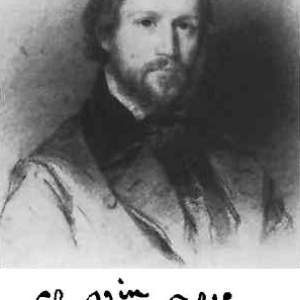
The example is well-known. Monsieur Jourdain – the main character in Molière’s comedy Le Bourgeois gentilhomme – has an epiphany: under the tutelage of a master of philosophy he suddenly becomes aware of the nature of his own language:
Monsieur Jourdain: Par ma foi, il y a plus de quarante ans que je dis de la prose, sans que j’en susse rien; et je vous suis le plus obligé du monde, de m’avoir appris cela.
(By my faith! I have been speaking prose for forty years without being aware of it at all; I am infinitely obliged to you for having taught me that.)
Although presented as comedy, this example nevertheless highlights an important philosophical point: the difference between merely carrying out acts (here speaking words) and having a conscious understanding of their laws and classification. Johann Gottlieb Fichte philosophically refers to the example of Monsieur Jourdain a number of times in his works, including in the Zweite Einleitung in die Wissenschaftslehre.2 With his writings on the difference between the letter and spirit in philosophy (Ueber Geist und Buchstab in der Philosophie3), and his long and complex early 1795 essay on language: Von der Sprachfähigkeit und dem Ursprung der Sprache4, it would be hard to accuse Fichte of being a philosopher who was unconscious or indifferent to the nature of his own written and spoken language.









































